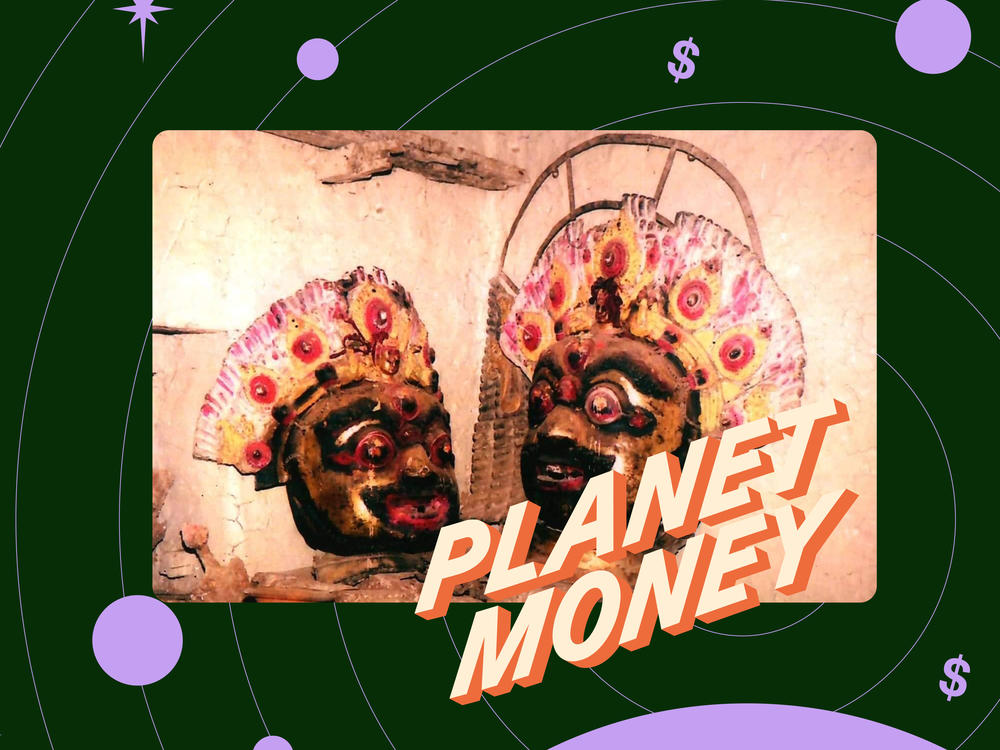Section Branding
Header Content
The case of the stolen masks
Primary Content
About thirty years ago, Yagya Kumar Pradhan woke up to the news that the temple he and his clan used had been broken into. The temple had been ransacked. And someone had stolen two holy Bhairav masks. Yagya says they had been in his family for more than five hundred years – since the 16th century.
Yagya is a kind of Hindu priest for his clan. And he says, these Bhairav masks were very holy. People made offerings to them during Dashaun, a festival held in the fall.
Yagya thought the masks were gone for good. He didn't realize... they were hiding in plain sight.
On today's show: The story of a group of amateur art detectives who use modern tools, subterfuge, and the power of the law to return stolen artifacts to their rightful owners. And we dive into the world of high-end auctions and art museums to ask: Can the art world survive the legacy of cultural theft?
This episode was hosted by Erika Beras and Nick Fountain. It was produced by James Sneed, edited by Jess Jiang, fact-checked by Sierra Juarez, and engineered by Cena Loffredo. Alex Goldmark is Planet Money's executive producer.
Help support Planet Money and get bonus episodes by subscribing to Planet Money+ in Apple Podcasts or at plus.npr.org/planetmoney.
Always free at these links: Apple Podcasts, Spotify, Google Podcasts, the NPR app or anywhere you get podcasts.
Find more Planet Money: Facebook / Instagram / TikTok / Our weekly Newsletter.
Music: NPR SourceAudio - "Droid March," "On The Rocks," and "Yellowstone."
Clarification
This episode has been updated to clarify that the reason the Rubin Museum is shuttering its building is not directly linked to repatriation.

